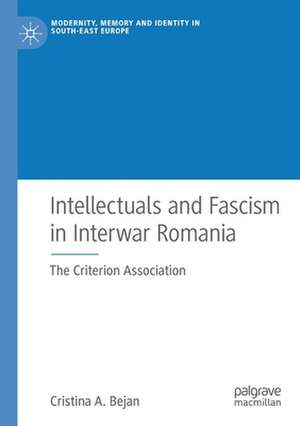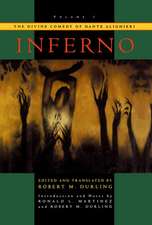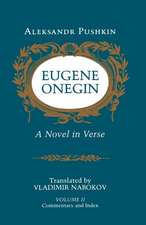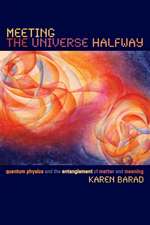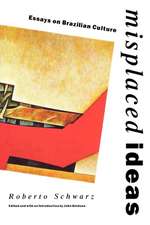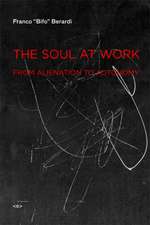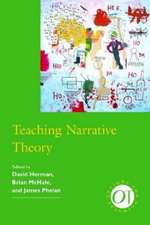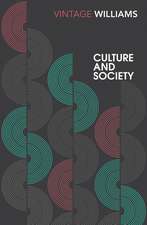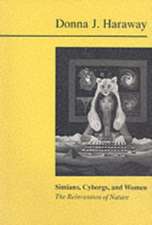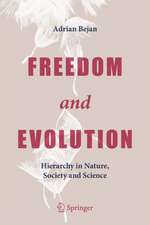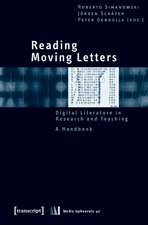Intellectuals and Fascism in Interwar Romania: The Criterion Association: Modernity, Memory and Identity in South-East Europe
Autor Cristina A. Bejanen Limba Engleză Paperback – 2 sep 2020
| Toate formatele și edițiile | Preț | Express |
|---|---|---|
| Paperback (1) | 584.26 lei 6-8 săpt. | |
| Springer International Publishing – 2 sep 2020 | 584.26 lei 6-8 săpt. | |
| Hardback (1) | 595.07 lei 6-8 săpt. | |
| Springer International Publishing – 2 sep 2019 | 595.07 lei 6-8 săpt. |
Din seria Modernity, Memory and Identity in South-East Europe
- 17%
 Preț: 523.82 lei
Preț: 523.82 lei - 15%
 Preț: 702.05 lei
Preț: 702.05 lei - 15%
 Preț: 471.69 lei
Preț: 471.69 lei - 15%
 Preț: 502.54 lei
Preț: 502.54 lei -
 Preț: 380.84 lei
Preț: 380.84 lei - 18%
 Preț: 780.37 lei
Preț: 780.37 lei - 18%
 Preț: 786.36 lei
Preț: 786.36 lei -
 Preț: 386.81 lei
Preț: 386.81 lei - 15%
 Preț: 499.59 lei
Preț: 499.59 lei - 18%
 Preț: 892.11 lei
Preț: 892.11 lei - 15%
 Preț: 581.14 lei
Preț: 581.14 lei - 18%
 Preț: 887.68 lei
Preț: 887.68 lei - 18%
 Preț: 780.82 lei
Preț: 780.82 lei - 15%
 Preț: 643.16 lei
Preț: 643.16 lei - 15%
 Preț: 698.80 lei
Preț: 698.80 lei
Preț: 584.26 lei
Preț vechi: 687.36 lei
-15% Nou
111.80€ • 119.55$ • 93.22£
Carte tipărită la comandă
Livrare economică 18 aprilie-02 mai
Specificații
ISBN-10: 3030201678
Pagini: 323
Ilustrații: XXIX, 323 p. 8 illus., 7 illus. in color.
Dimensiuni: 148 x 210 mm
Greutate: 0.43 kg
Ediția:1st ed. 2019
Editura: Springer International Publishing
Colecția Palgrave Macmillan
Seria Modernity, Memory and Identity in South-East Europe
Locul publicării:Cham, Switzerland
Cuprins
Notă biografică
Textul de pe ultima copertă
Caracteristici
Descriere
In 1930s Bucharest, some of the country's most brilliant young intellectuals converged to form the Criterion Association. Bound by friendship and the dream of a new, modern Romania, their members included historian Mircea Eliade, critic Petru Comarnescu, Jewish playwright Mihail Sebastian and a host of other philosophers and artists. Together, they built a vibrant cultural scene that flourished for a few short years, before fascism and scandal splintered their ranks. Cristina A. Bejan asks how the far-right Iron Guard came to eclipse the appeal of liberalism for so many of Romania's intellectual elite, drawing on diaries, memoirs and other writings to examine the collision of culture and extremism in the interwar years. The first English-language study of Criterion and the most thorough to date in any language, this book grapples with the complexities of Romanian intellectual life in the moments before collapse.
